
Hola amigos hive bienvenidos a mi blog.
Desde hoy enseñemos a nuestros hijos el autocuidado desde chicos, el mundo está cambiando y con él, las maneras de educar a nuestros hijos. Cada vez se hace más necesario que sean independientes y responsables y siempre nos estamos preguntando en qué momento será bueno enseñarles cada cosa, pues al final lo más importante es que nuestros hijos crezcan seguros y con la capacidad de cuidarse a sí mismos.
Para mí el tema del autocuidado es muy importante y está en el top de las enseñanzas para mi pequeña hija, pues el mundo en el que estamos requiere de niños responsables, que estén pendientes de pequeños detalles, que sepan que no pueden confiar en todo el mundo y que comprendan cuándo es la hora de un “sí” y cuando definitivamente deben apartarse y decir “no”.
Así, en mis años de maternidad he entendido que cada madre da prioridad a lo que le parece importante, a lo que desde su propio espejo ve como necesario, sin embargo, también he comprendido que la autogestión e independencia de los hijos, debería ser uno de los temas centrales de la educación, pues al final, por más que queramos, no podremos estar todo el tiempo con nuestros hijos y ellos deben aprender a manejar el mundo su mundo dentro y fuera de casa.
Luego de pensar, leer y preguntar a otras mamás qué es lo que más importa a la hora de forjar el autocuidado de los niños, elegí las siguientes:

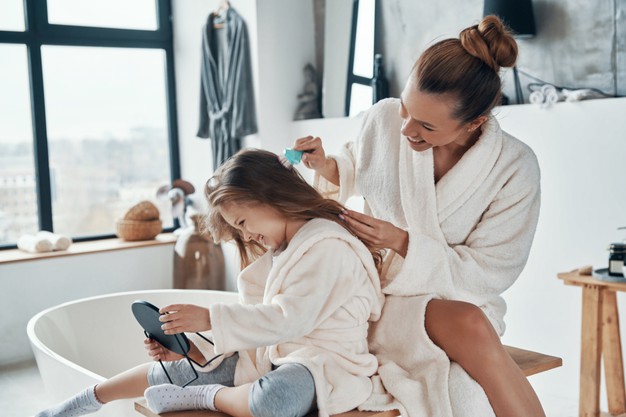
La higiene es vital: Desde muy pequeños los niños pueden y deben aprender a velar por su higiene y aseo personal. Ejercicios básicos como lavarse las manos antes de cada comida y antes de ir a dormir, cepillarse los dientes inicialmente en compañía de un adulto, peinarse, aplicarse crema o protector solar, son hábitos que se deben ir creando en los más pequeños. Una buena manera de generar estas costumbres de cuidado del propio cuerpo, es explicarles el porqué de cada acción y los beneficios que traerá a su vida.
Tip: Para generar hábitos es ideal que establezcas horas para cada acción. Si tu hijo sabe que por ejemplo los dientes se cepillan siempre a las 8 pm antes de dormir, será más fácil que se habitúe a hacerlo por sí solo.

“Mi cuerpo es sagrado”: Los niños y niñas deben comprender desde muy pequeños que su cuerpo es muy importante, por lo que deben cuidarlo y amarlo. Parte de este aprendizaje consiste en conocer las partes de su cuerpo, aprender a identificar cuando no se encuentra bien y por supuesto, no permitir que nadie le haga daño.
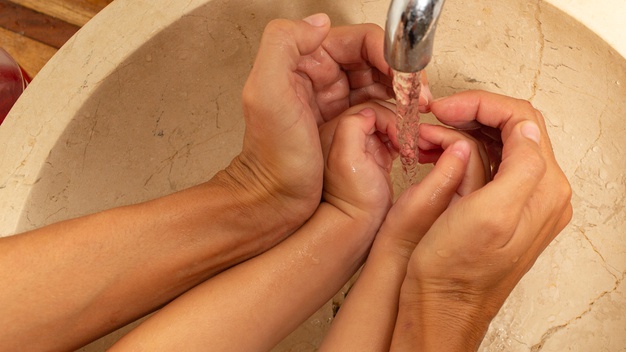
Tips:
Conversa con tus hijos acerca de las partes de su cuerpo y explícale con naturalidad cuáles son sus partes íntimas y la privacidad que debe tener con ellas.
Explícale qué pasa cuando se siente enfermo, qué signos de alerta existen y qué debe hacer cuando se sienta mal.
Pedir ayuda cuando sea necesario: Los niños deben aprender cuándo es el momento apropiado para solicitar ayuda. Deben comprender en qué momento se encuentran en riesgo y deben acudir a un adulto.
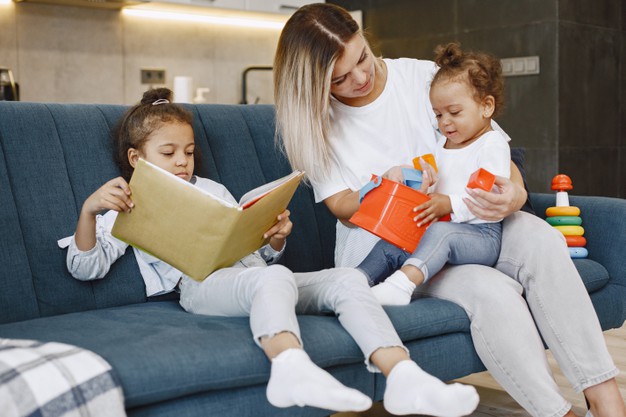
Tips: Enseñarles a memorizar datos básicos como la dirección de casa, el teléfono de mamá y su nombre completo, son acciones imprescindibles para ayudar a defenderse con mayor facilidad.
La importancia del “NO”: Un error grave en la educación de los niños es no enseñarles a poner límites y obligarlos a hacer lo que consideramos que está bien: dar abrazos y besos aún cuando no quieran, acceder a hacer lo que no desean hacer y así miles de detalles, que al final están negándoles su derecho a decir “No”, es importante aportarles desde nuestro papel de autoridad. Al final, lo más importante es establecer las reglas del “no” y del “sí” para que ellos desarrollen su criterio y su personalidad y a futuro entiendan que solo harán lo que les parece que es lo más adecuado y no lo que otros les piden que hagan.

Límites con extraños: El cuento de caperucita roja nos dejó a todos la gran lección de no hablar con el lobo feroz y al final es la realidad de la vida: no se debe dar demasiada confianza a las personas extrañas.
Así, la tarea de toda mamá es empoderar a los niños para que entiendan hasta dónde pueden llegar con otros adultos desconocidos: qué pueden hacer, qué deben hacer, cómo deben responder. Tu tarea es buscar la manera más didáctica para que tu pequeño entienda el mensaje.
Tips: Los ejercicios de simulación son ideales para que ellos entiendan cómo actuar en determinado momento. “Si alguien te dice que te va a llevar a darte dulces, ¿Qué dices?”, “Si alguien te coge de la mano y te dice que vayan a su casa, ¿Qué dices?”.
Hello friends hive welcome to my blog.
From today we teach our children self-care from a young age, the world is changing and with it, the ways of educating our children. It is becoming more and more necessary for them to be independent and responsible and we are always wondering when it will be good to teach them each thing, because in the end the most important thing is that our children grow up safe and with the ability to take care of themselves.

For me the issue of self-care is very important and is at the top of the teachings for my little daughter, because the world we are in requires responsible children, who are aware of small details, who know that they cannot trust everyone. world and understand when it is time for a “yes” and when they should definitely step back and say “no”.
Thus, in my motherhood years I have understood that each mother gives priority to what seems important to her, to what she sees as necessary from her own mirror, however, I have also understood that the self-management and independence of the children should be one of the central issues of education, because in the end, no matter how much we want to, we will not be able to be with our children all the time and they must learn to manage the world their world inside and outside the home.
After thinking, reading and asking other moms what matters most when it comes to building self-care for children, I chose the following:

Hygiene is vital: From a very young age, children can and should learn to ensure their hygiene and personal cleanliness. Basic exercises such as washing hands before each meal and before going to sleep, brushing teeth initially in the company of an adult, combing hair, applying cream or sunscreen, are habits that should be created in the little ones. A good way to generate these habits of caring for your own body is to explain the reason for each action and the benefits it will bring to your life.
Tip: To generate habits, it is ideal that you establish hours for each action. If your child knows that, for example, their teeth are always brushed at 8 pm before bed, it will be easier for him to get used to doing it on his own.
.jpg)

"My body is sacred": Boys and girls must understand from a very young age that their body is very important, so they must take care of it and love it. Part of this learning consists of knowing the parts of your body, learning to identify when you are not well and of course, not allowing anyone to hurt you.
Tips:
Talk to your children about the parts of their body and explain naturally what their private parts are and the privacy they should have with them.
Explain what happens when you feel sick, what warning signs are there, and what to do when you feel unwell.
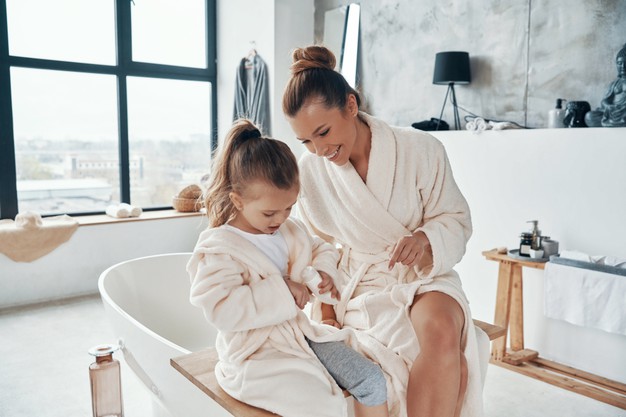
Asking for help when needed: Children need to learn when is the right time to ask for help. They must understand when they are at risk and must go to an adult.
Tips: Teaching them to memorize basic information such as home address, mother's phone number and her full name, are essential actions to help defend themselves more easily.
The importance of "NO": A serious mistake in the education of children is not teaching them to set limits and forcing them to do what we consider to be good: give hugs and kisses even when they do not want to, agree to do what they do not want to do and thus thousands of details, which in the end are denying them their right to say "No", it is important to provide them from our role of authority. In the end, the most important thing is to establish the rules of "no" and "yes" so that they develop their criteria and their personality and in the future they understand that they will only do what they think is the most appropriate and not what others ask of them. to do.

Boundaries with Strangers: The Tale of Little Red Riding Hood taught us all the great lesson of not talking to the big bad wolf and in the end it is the reality of life: you should not give too much confidence to strangers.
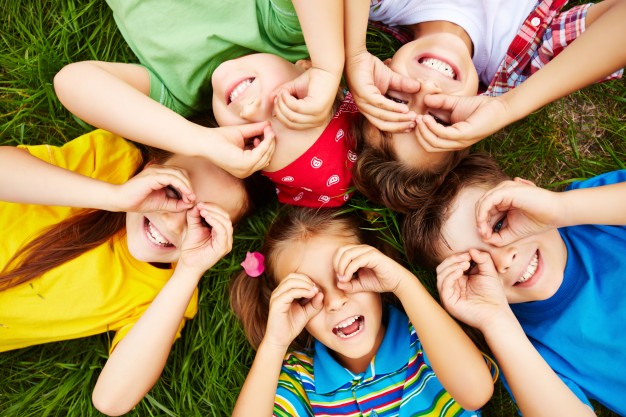
Thus, every mother's task is to empower children to understand how far they can go with other unfamiliar adults: what they can do, what they should do, how they should respond. Your task is to find the most didactic way for your little one to understand the message.
Tips: The simulation exercises are ideal for them to understand how to act at a certain moment. "If someone tells you that they are going to take you to give you sweets, what do you say?", "If someone takes your hand and tells you to go to their house, what do you say?"
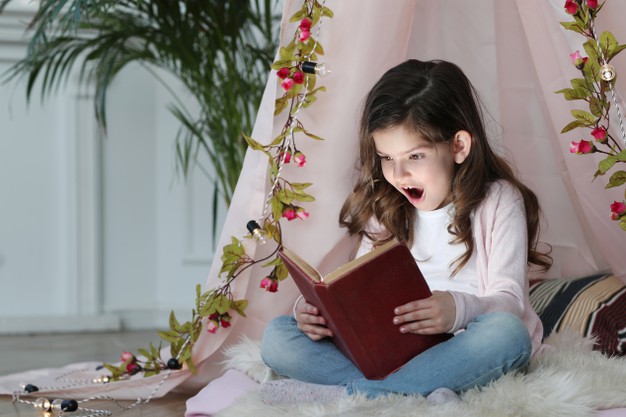

Separadores diseñados en canva
Separators designed in canva
.png) Photos taken from https://www.freepik.es/
Photos taken from https://www.freepik.es/


Self care doctrine for kids is one way to catch them young and make them imbibe the nitty-gritty of living an hygienic life from cradle which becomes a part and parcel of their lifestyle age they grow into adults.
#Dreemer
Efectivamente amigo, debemos aplicar el autocuidado de manera constante para que los niños tengan una crianza responsable, que estén pendientes de pequeños detalles, que sepan que no pueden confiar en todo el mundo y que comprendan cuándo es la hora de cada cuestión. ¡Saludos! aprecio tu comentario.
If we want the best of children, then all these self care should be taught to them especially in the aspect of taking care of their body and not accepting things from strangers without letting their parents know about it.
The world is always evolving and things like this shouldn't be left untouched.
Thanks for sharing
#dreemer
hola amiga, correcto, estos temas de autocuidado para los niños, es muy importante y por ende debemos ayudarlos hacer constante y así los niños crecerán seguros y con la capacidad de cuidarse de sí mismos. ¡Gracias por tu comentario!
Beautifully written!
I can relate to the aspect of teaching children about how to live their own life independently, teaching them when to say no and when to say yes. Everything.
Teaching them how to secure themselves when they are in danger is very important too, you have made mentioned of the tips on how to do that, Knowing them number of their parents and their house address will go a long way in helping them.
Taking care of their selves is mandatory too, that will make them to live a healthy life.
If children are not thought all this things when they are little, if they grow older it will be very difficult for them to learn.
A saying goes thus...
It will be easy for them to learn all this things at a tender age.
Love this post, really nice!
#dreemer
Muchas gracias, valoro tu comentario, me alegra mucho que te encante ¡saludos!
You're welcome, so many things to learn from it